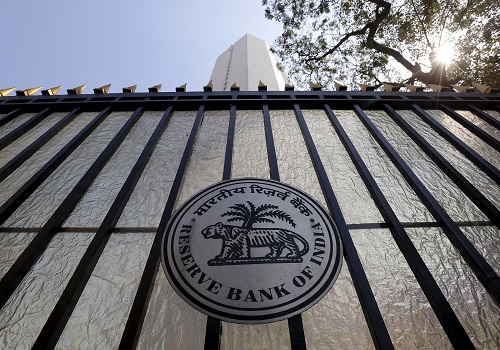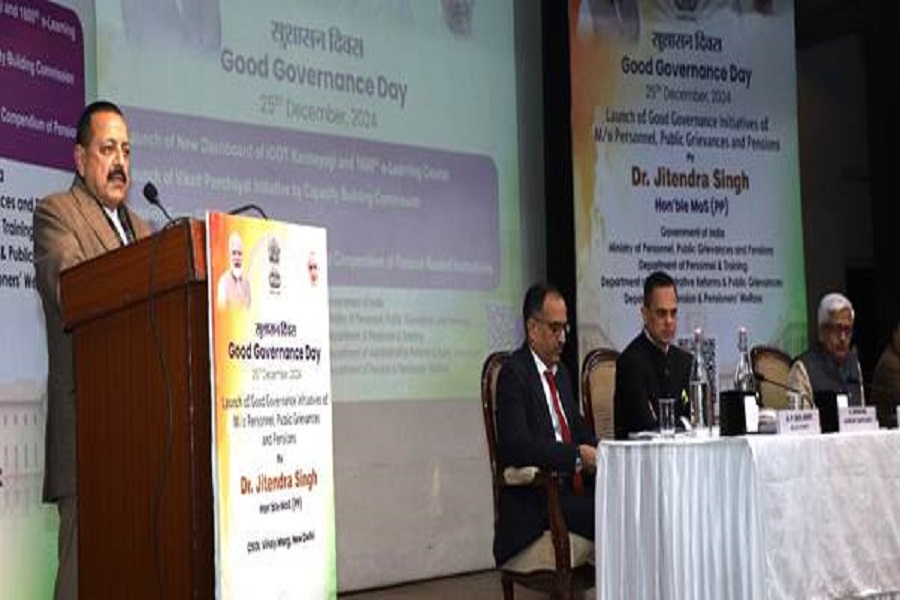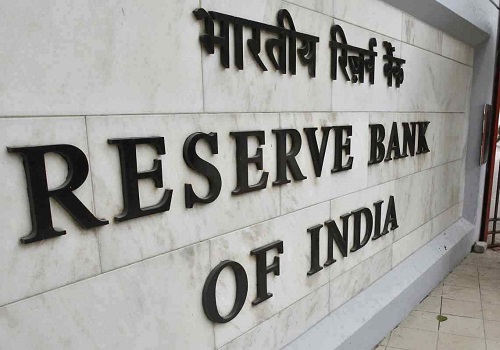RBI’s revised norms led to spike in NBFC’s GNPAs in Q3, will reduce going ahead: Crisil

Follow us Now on Telegram ! Get daily 10 - 12 important updates on Business, Finance and Investment. Join our Telegram Channel
Credit ratings agency Crisil has said that the Reserve Bank of India’s (RBI) revised norms led to a 1.50 per cent jump in the non-banking finance companies’ (NBFCs) reported gross non-performing assets (GNPAs) to 6.80 per cent in the December quarter (Q3FY22). If not for the revised norms, it said the improvement in economic activity would have led to a 0.30 per cent improvement in GNPAs during the December quarter to 5.3 per cent. However, it said the GNPAs for the NBFCs are expected to reduce going ahead as the players have bolstered their collection processes and economic activity is also improving.
The report stated that for the December quarter, two provisions of an RBI circular had a significant impact -- change in recognition of NPAs to a daily due date basis versus month-end basis followed earlier by many NBFCs, and the increased stringency in the upgradation of NPAs, which is now to be linked to the clearing of all overdues by borrowers. It noted that the impact of the circular varies across segments, pointing out that the gold loans segment continues to be resilient.
According to the report, the NPAs are expected to improve going ahead on the RBI's follow-up circular on February 15, which deferred the implementation of the NPA upgradation norm till September 30, 2022 and hence allowed reasonable transition time for NBFCs to recalibrate processes, revamp their collection infrastructure, and persuade borrowers to align with the new dispensation. Other factors which are expected to help in the improvement will be the overall recovery expected in the macroeconomic activity and limited impact of the third COVID-19 wave so far which has ensured that businesses are functional with low disruptions.












 320-x-100_uti_gold.jpg" alt="Advertisement">
320-x-100_uti_gold.jpg" alt="Advertisement">












